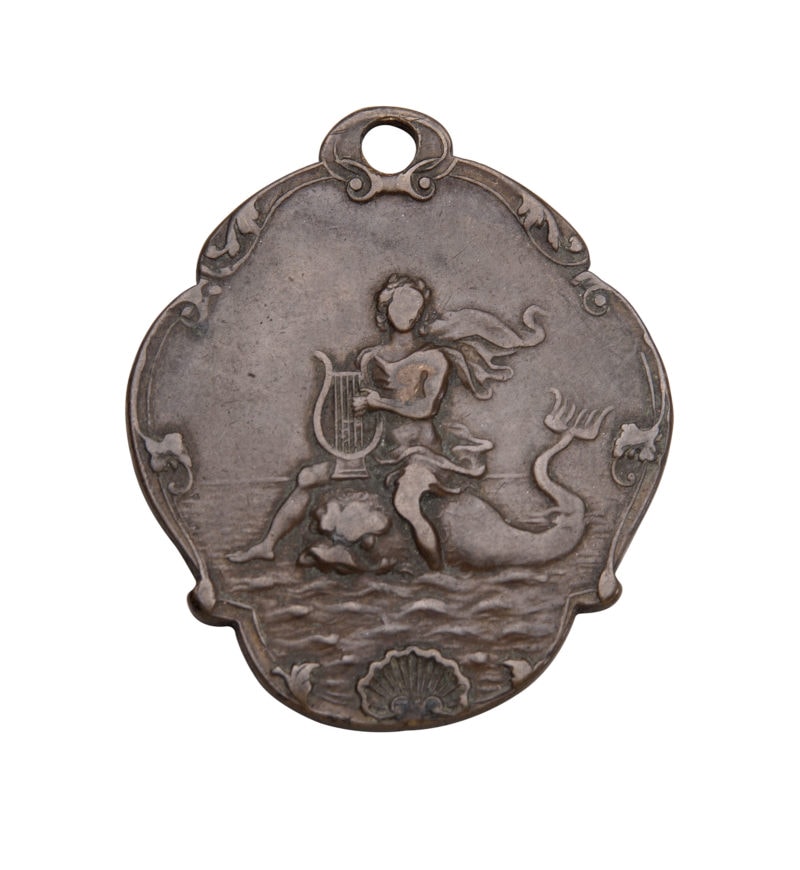The twenty-first century public may have an unquenchable appetite for contemporary art, popular music and entertainment. However, unbeknown to many, mass consumption of culture began over 200 years ago. In 1729 and 1739 two London institutions changed the face of British art forever: Vauxhall Gardens under the management of Jonathan Tyers and the Foundling Hospital, founded by Thomas Coram. To ensure the success of the two institutions, both men enlisted the help of two of the greatest artists of the age: painter and engraver William Hogarth and composer George Frideric Handel.
The Foundling Hospital became the premiere venue for London’s polite society to combine culture with philanthropy, with its establishment of the UK’s first public art gallery. Vauxhall Gardens was a place to enjoy contemporary music and art, spectacular design, al fresco dining, beautiful gardens and pavilions and people watching. This exhibition, curated by David Coke, explored how the Gardens provided Londoners with an escape from the filth and noise of the city, providing a place for up 100,000 visitors a year to forget their everyday cares.
The exhibition was divided into the sensory themes of sights, sounds, tastes, smells and feelings, drawing from the collections of private lenders and major museums and galleries across the country. Original works by Canaletto, Thomas Gainsborough, and Thomas Rowlandson were displayed, alongside one of the only surviving supper box paintings by Francis Hayman, and the only solid gold perpetual pass to the Gardens ever issued, given to William Hogarth. Manuscripts and song sheets of works by George Frideric Handel, Thomas Arne and J.C. Bach were shown alongside contemporary engravings and other objects associated with both the Gardens and with the Foundling Hospital. These included a remarkable Foundling Hospital token – a 1737 Vauxhall Garden season ticket, left by a mother with her baby at the Hospital. The exhibition was also the first time that François Roubiliac’s three portrait busts of William Hogarth, George Frideric Handel and Jonathan Tyers have been displayed together.
Vauxhall Gardens was an all-embracing sensual experience, becoming an international byword for pleasure. Arguably, without Vauxhall, modern art and music would be quite different, and aspects of our lives that we take for granted, such as street lighting, policing, mass catering, even marketing and PR, would have taken much longer to develop. Over 200 years later, visitors to this exhibition were able to experience the sights, sounds and tastes of the Gardens once more.




